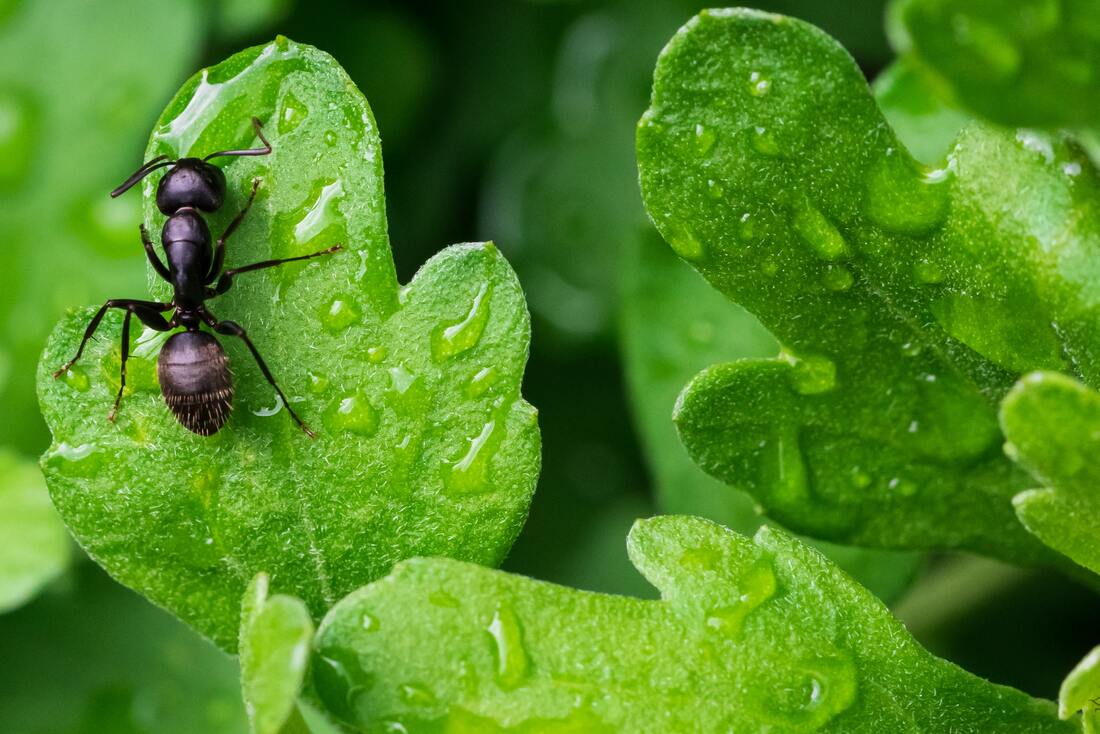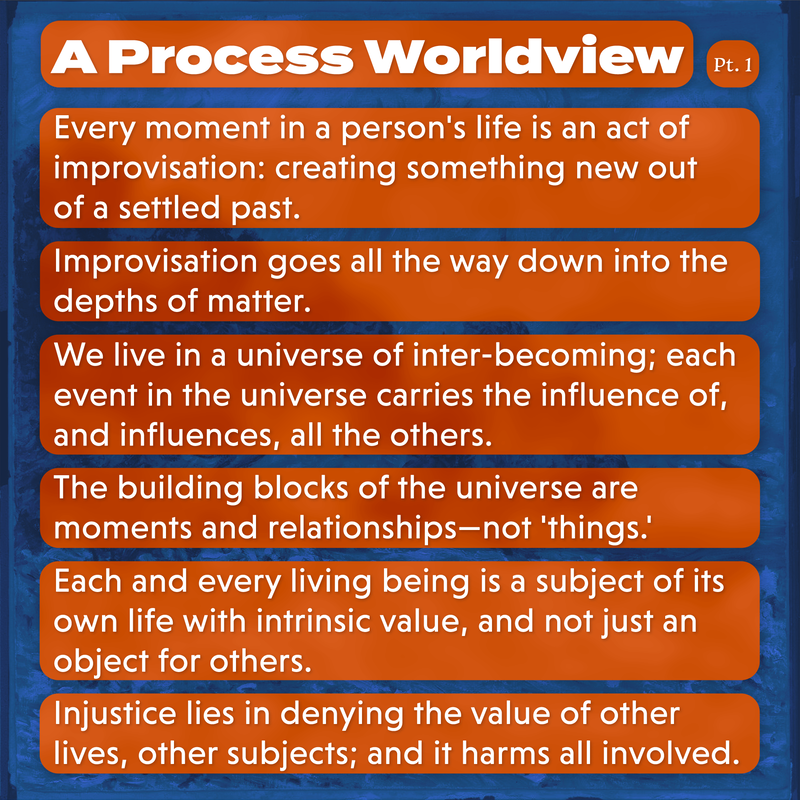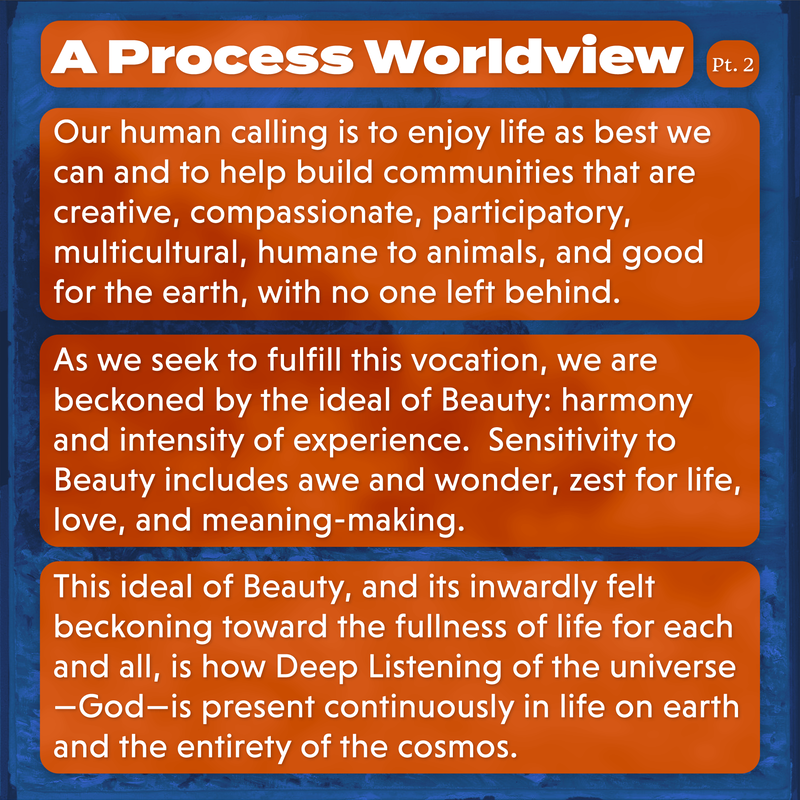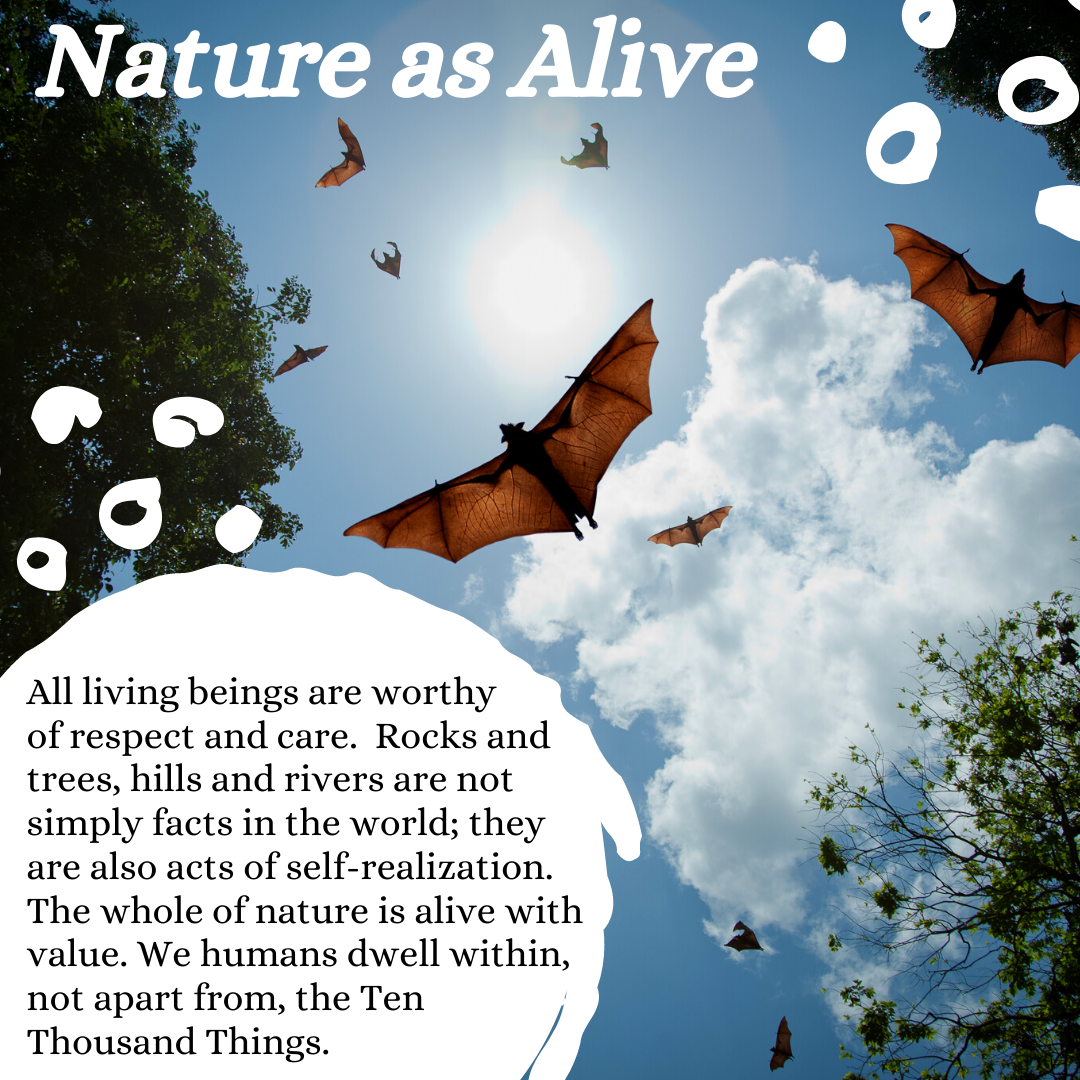Protons and Ants
In mechanistic science the subjective aspects of life such as consciousness, purpose and free will are either ignored altogether, or attempts are made to reduce the subjective to the objective. On this view the subjective experiences of ants are really just a complex bundle of lifeless subatomic particles: protons, for example.
Charles Birch, a biologist in the process tradition, offers an alternative. He suggests that the laws of self organization in biology help explain the sources of order in cosmic evolution, including the origin of life; and that self-organization invites us to suppose that something like feelings and aims, or at least purpose, exists within the very depths of matter. Whereas an earlier and reductionist science tried to reduce biology to physics; a more contemporary science, says Birch, takes biology as a key to physics. It's not that ants are made of protons; rather it's that protons are more like ants than we might imagine. They are, as it were, proto-ants.
If Birch is right, the implications are spiritual and ethical. We are encouraged to perceive the whole of the material world as vibrantly alive with consciousness or proto-consciousness and thus filled with value worthy of respect. And we are encouraged to live with respect and care not only for all sentient beings; but also with respect for seemingly non-sentient beings: hills and rivers, mountains and stars. We will embrace a land ethic as well as a life ethic, sensitive to the fact that nothing in nature is entirely inert, because there is something like "life" in all things. In Birch's words, all things are processing toward life.
The article appeared in Process Studies, pp. 280-291, Volume 27, Number 3-4, Fall-Winter, 1998. Used by permission, the material was prepared for Religion Online by Ted and Winnie Brock and is republished with permission in Open Horizons.
- Jay McDaniel, 2/16/2022





